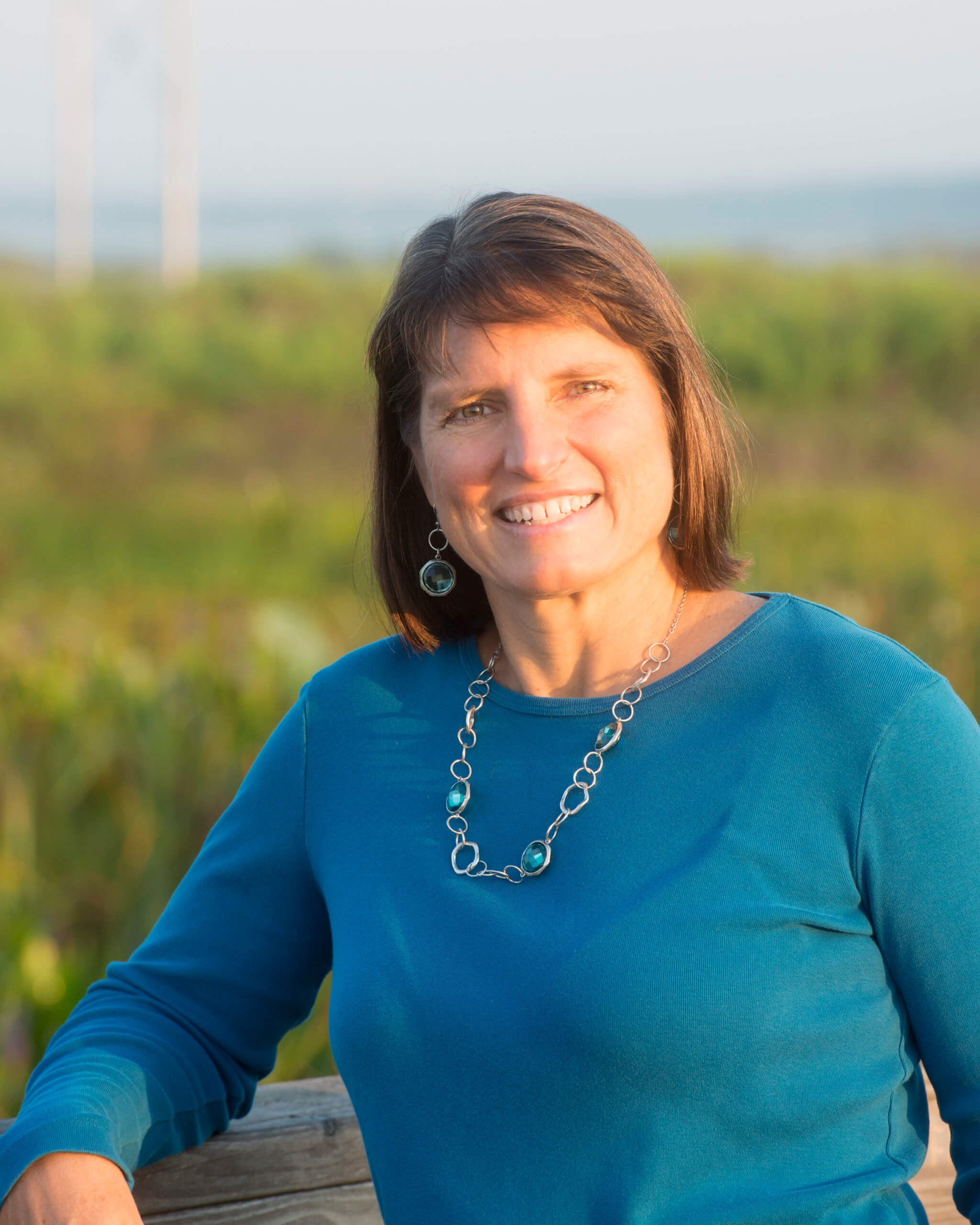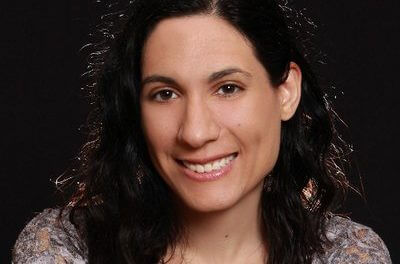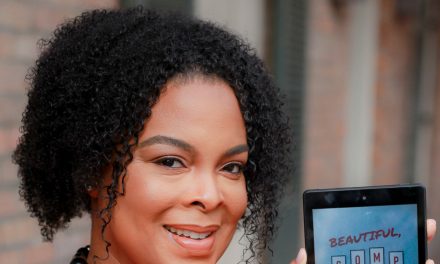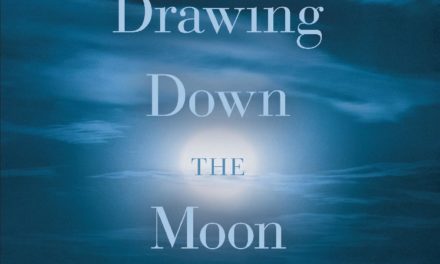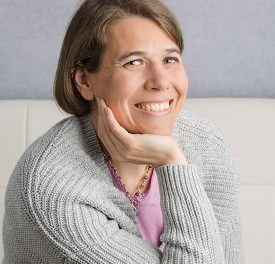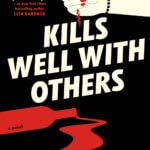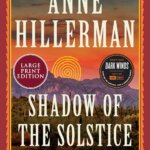Today I have author Tammy Euliano joining me to talk about her new book, Fatal Intent. Tammy is a physician and, as a physician myself, I really loved the medical accuracy in her work. Greetings, Tammy.
SS: Can you share a bit about your background?
TE: I grew up in central Florida, the daughter of a self-employed engineer and a stay-at-home mom (at least until I was in high school). My older brother, younger sister and I had the perfect childhoods—love, health, financial security (as far as we knew), an inquisitive father who constantly pushed us to ask questions and find answers (in the pre-internet days), the total support of our mother in everything, the joy of extended family in the area, good friends, even a great dog. Besides reading—Nancy Drew and all the biographies in the library—in Junior High I embarked on a music career that lasted until I realized I’d never be good enough to make it a career. I skipped my senior year of high school in favor of starting college at the University of Florida where I marched in the Gator Band for one year, then switched my non-academic passion to intramural sports, through which I met my future husband. I gave up pleasure reading during college, medical school and residency and only started again when the kids were a little older… unless you count “Goodnight Moon” and “Go, Dog, Go.”
SS: I have no idea how many times I read Goodnight Moon to my son—along with about a million dinosaur books. Did anything in your past push you to write about your book and the conflict(s) in it?
TE: The idea of managing the end-of-life has fascinated me since way before any kid should think about such things. We had a debate in my fifth grade class about the fate of Karen Ann Quinlan, a young woman in a persistent vegetative state whose parents wanted her ventilator disconnected, while the State of New Jersey disagreed. I don’t recall what side my ten-year-old-self argued, but the question never left me. Medical technology and the ability to keep the body alive has far out-paced our ethical ability to deal with the implications.
In medical school and residency, the question resurfaced repeatedly, while watching families’ extended mourning in the ICU, and anesthetizing patients for innumerable procedures despite little to no hope of a meaningful recovery. Meanwhile, the absurd cost of medical care in the US frequently made the news, especially expenditures in the last few months of life and final hospitalization. I enjoyed thinking through, and hopefully creating compelling arguments for, different sides of the question. I hope my readers will think about it too.
SS: Do you have a day job? If so, is it a distraction, or does it add another element to your writing?
TE: My day job is as a physician, an academic anesthesiologist specializing in obstetrics. When I worked full-time, it was not possible to really devote myself to writing. I ran the Residency Program (shepherding eighty-eight residents through their training), conducted research, and wrote technical articles and a textbook. When I decided to give writing a chance, I resigned all that and now work three days per week. It’s definitely a distraction when the writing is flowing, but it’s also a blessing to have a job I love. It definitely adds an element of realism to my medical thrillers.
SS: How long have you considered yourself a writer? Did you have any formal training, or is it something you learned as you went?
TE: I’ve been writing since grade school. I recently came across some first grade stories about lady bugs and lions that my mother had saved. Throughout my career I’ve done much technical writing, but I guess it depends on the definition of writer. The way I thought of it, during the long slog to get published, was that I’m a writer, writing stories, until I get published, then I can call myself an author. So I guess I first considered myself a writer when I began Fatal Intent those many years ago. I learned pretty quickly that I didn’t know how to write fiction, and took many on-line courses and attended writers’ meetings with lectures and workshops. Learning craft is essential, and not nearly as easy as I thought it would be.
SS: What are you working on at the moment?
TE: The sequel to Fatal Intent in which Kate Downey, Aunt Irm, and Christian face another series of challenging circumstances is due asap. I’m also working on another series. Pre-covid I wrote about a bioengineered virus that destroyed the fertility of humans and other primates. Sort of Children of Men-ish, minus the soul-crushing fate of mankind that PD James described. Anyway, I LOVE the themes, the characters and the challenging topics raised, but have yet to interest an agent or publisher.
SS: If you could write about anyone, fictional or nonfictional, who would you write about?
TE: My mentor, Dr. J.S. Gravenstein. He was orphaned as a young teen in Germany during WWII. Was conscripted into the German Navy as a medic. Put himself through college and medical school in the war-ravaged country, then emigrated to the US where he began anesthesia residency but realized he needed a better foundation in medicine, so redid his last two years of medical school at Harvard. When he graduated, he immediately came to the University of Florida to start our Anesthesiology Division. He was married for more than fifty years, had eight successful children, and is a recognized father of our specialty. Through all that he was one of the most gracious, humble, brilliant, kind, generous people I’ve ever known. I think his story would make a great novel.
SS: Which of your characters surprised you the most for the decisions they made?
TE: As with many beginning authors, my protagonist started out as basically as a white-washed me. The me I thought I wanted to be. Then terrible things started happening to her, and she showed a resilience far beyond what I think I could handle. I learned several important things: one, she is way cooler than me; two, when authors say their characters go their own way, it’s not as crazy as it sounds; and three, my hero characters will always have a dog, and not a little yappy one, but a golden, or lab, or mid-large size rescue. Oh, and four, any good friends or love interests will also love the dog!
SS: What writer would you be most thrilled to hear wants to meet you?
TE: Louise Penny!! She writes a series set in Three Pines. I marvel at her characters. Despite no lingering descriptions, I have a perfect image in my head and wish I could spend time with all of them. Setting the same way, I never tire of spending time there!
SS: Who is on your Mt. Rushmore of all-time great writers (choose four faces to carve into your monument)?
TE: I’m going to cheat and stick with a modern Mystery/Thriller Rushmore: Louise Penny, Harlan Coben, Lee Child, Daniel Silva.
SS: I’m a big Daniel Silva fan too. I fan-girl over Gabriel Allon all the time. At what point did you come up with the title? Did your publisher change it?
TE: Very early on I came up with the title “Do No Harm” and thought it perfect for the novel’s themes. Unfortunately, my publisher rightly noted there are several books and even a movie by that name. In fact, a novel by that name came out the same time as Fatal Intent. It took a while to get used to the change, but I love the title now.
SS: How did you make the decision regarding point(s) of view?
TE: I went through several versions. For along time the book had two to three POVs. I eventually decided to stick with one, but wrote in third person close. I struggled to make it “close” enough. Someone suggested I try first person, and it made a huge difference for me.
SS: Where and when is your book set? How did you decide on the setting? The timeframe?
TE: It’s modern day and in a fictional version of where I live and work. It’s been a challenge to make sure not to identify with my actual surroundings, but how many teaching hospitals are there in north central Florida?
SS: Do you know the ending to your story when you put pen to paper? If so, have you ever changed the ending after you started to write?
TE: I knew the ending of Fatal Intent when I started, but not how I would get there. For the sequel, the ending changed when I got there, and I’m still going back to lay the groundwork for the eventual ending.
SS: What advice would you give aspiring writers?
TE: Go to at least one in-person writing class/conference. I met my writer buddies at a Margie Lawson Immersion five years ago. We video-chat at least once a month and meet up for a week once a year to write and talk and compare notes. In the intervening 5 years, nearly all of us has published at least one book! Attending a conference in your genre allows you to meet all the wonderful writers at and above your level. It’s how I was able to meet the authors who wrote all the incredible blurbs for Fatal Intent.
SS: Do you prefer tidy endings, or can you leave a few loose ends?
TE: I definitely prefer tidy endings. Loose ends bug me, wake me up at night.
SS: Crime fiction and thrillers seem to be a great way to “hide” commentary on current political or social issues inside a narrative. Do you think political statements belong in literature? Would you write a novel that was a political tract?
TE: When I recognize a political opinion in fiction, I stop reading. Even if I agree with the stance. I try to bring up controversial issues, but by arguing both sides. That’s where it gets interesting!
********************
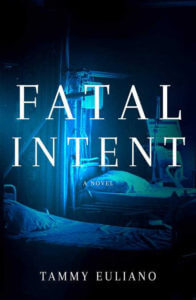
Amazon | IndieBound | Kobo | B&N | Google | AppleBooks
********************
An excerpt from Fatal Intent:
CHAPTER ONE
I dreaded weekends. That alone set me apart from my colleagues—from humans in general—even without all the rest.
Nights I could handle. By the time I ate dinner with Aunt Irm, took Shadow for a run, and played cards or read aloud with my great-aunt, exhaustion would claim me. But weekends brought spare time, the enemy of all who grieve.
On Saturdays, the few hours I spent in Jacksonville at my husband’s bedside offered little comfort. Watching him waste away tore at my heart, at my conscience, but it hadn’t been a year yet. There was still hope.
I woke Sunday morning earlier than I’d planned—or wanted. Pots clanged in the kitchen. For my Great-Aunt Irm, all days were the same; and sleeping in was as foreign as the idioms of her adopted country.
Shadow pushed past me as I opened my bedroom door. “Good morning,” I said to Aunt Irm, my voice gruff with sleep.
“Oh, kindchen, did I wake you? I have much to do before church this morning.”
Aunt Irm had called me “kid” in her native German since I was a child. Even now, as I approached thirty, she almost never called me Kate.
I breathed in deeply and smelled not the aroma of Sunday breakfast, but an Italian restaurant. “What are you making?”
She pointed around the kitchen. “Lasagna, minestrone soup, and tiramisu. I am sorry, no time for breakfast.”
“That’s fine, but when did you become Italian?”
“Carmel gave me the recipes.” She held up handwritten pages. “She does not have enough time before the wake.”
“Wake?”
“Yes, I told you last night.”
Oops.
“Carmel’s next-door neighbor, Isabelle’s husband’s cousin passed away.”
And I didn’t remember . . . shocking.
“Just like my Max,” Aunt Irm went on. She jabbed a finger toward me. “There is no minor surgery. What you do, it is dangerous.”
I’m an anesthesiologist. It’s not dangerous for my patients, or for me for that matter, and ordinarily I would argue with her, but we’d long since pounded that dough to cement. Aunt Irm’s brother, my Uncle Max, died two days after an operation to place a feeding tube. It’s a common operation, especially in old, sick patients. But in her mind, the operation, or more likely the anesthesia, killed her beloved brother. Not his obesity, diabetes, heart disease, love of alcohol, or recent stroke. His doctor signed the death certificate, no need for an autopsy. The death was not unexpected.
“I’m sorry to hear about your friend,” I said.
“Oh, I did not meet her.” Aunt Irm turned back to the stove.
Only she would spend her Sunday morning preparing a feast to celebrate the life of someone she’d never met.
Pans and trays lined the countertops. “How many people are they expecting at this wake?”
“Oh, did I not say? Half is for the wake; the other half is for a funeral at Saint Mark’s this afternoon.”
“Tough week.” When Aunt Irm joined a church, she joined a church. Less than a year since moving to Florida, she was on more committees than there are days in a week, including the bereavement committee.
“When it rains, it snows,” she said.
“Pours. When it rains, it pours.”
She gave her “whatever” shrug, along with instructions for constructing the tiramisu. Apparently, I was on the bereavement committee as well.
********************
You can follow Tammy on social media here:
Website | Facebook | Instagram | Goodreads
********************
This post contains Amazon Affiliate links. As an Amazon Associate, I earn a small amount from qualifying purchases.
